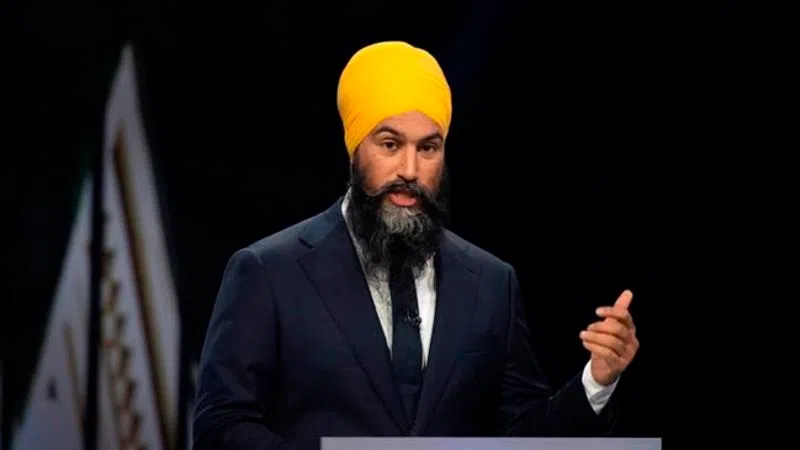
NDP, Bloc get post-debate boost but Liberals, Conservatives still tied: poll
OTTAWA — Two televised leaders’ debates gave a boost to the NDP and Bloc Quebecois but did nothing to break the deadlock between the front-running Liberals and Conservatives, a new poll suggests.
The Leger poll, conducted for The Canadian Press after last week’s French debate on Quebec’s TVA network and this week’s official English debate, put support for the Liberals and Conservatives at 31 per cent each, both down three points.
The NDP moved up to a solid third place with 18 per cent, up four points but still almost two points behind the party’s share of the vote in the 2015 election.
Support for the Green party was unchanged at 11 per cent while Maxime Bernier’s fledgling People’s Party of Canada was up one point to three per cent.

